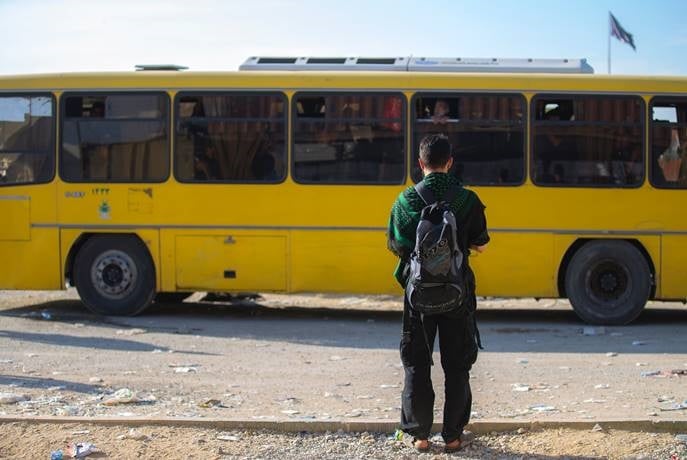
As schools reopen, thousands of learners are once more travelling to school every day, and while traffic police try to do regular checks and patrols to ensure that operators adhere to the rules of the road, it is also within parent's rights to check their children are in safe hands.
The safe transportation of school children should be a shared responsibility between parents, schools, vehicle owners and drivers and parents to take a keen interest in the whereabouts of their children as they travel to school.
Parents are encouraged to assist by ensuring that:
- The vehicle that their children will be travelling in has an updated roadworthy certificate
- The driver has all the required documentation, including a PDP and a valid operating license
- They familiarise themselves with the time schedule, pick up points and routes that the driver will be using
- They stay on top of the Covid-19 safety protocols
Covid-19 considerations
According to Wheels24, several Covid-19 safety protocols and rules apply to the various modes of school transport.
Parents who drive their children to school need to follow the rules that applied during other levels: wear face masks, sanitise the vehicle, and ensure there is ventilation.
Currently, for pupils traveling by public transport, face masks and sanitising of hands before entering the vehicle is mandatory. The number of passengers allowed to enter the vehicle is limited to 70% of the usual capacity.
If your child uses a ride-sharing service to get to school or they travel to school with friends, the same rules apply.
Other major concerns
Only drivers with the necessary valid documentation can operate a student transport vehicle. This includes being in possession of a valid professional driving permit (PDP).
Apart from driver fitness, other major concerns are vehicle fitness and overloading.
Vehicles transporting children should be registered and licensed and be tested at a roadworthy centre every six months.
One safety aspect that is often overlooked is that there should be seat belts.
The driver should also have the necessary documentation and the vehicle should have clear signage to identify it as a scholar transport vehicle.
Consequences
Drivers who illegally operate a scholar transport service run the risk of the vehicle being impounded with an impoundment release fee of up to R15 000 for a third impoundment.
This excludes the R2 500 fine that is payable under these circumstances.
Any vehicle found to be unroadworthy should be suspended and where the driver does not have the relevant documentation, a vehicle can be impounded.
Chatback:
Share your stories and questions with us via email at chatback @ parent24.com. Anonymous contributions are welcome.
Don't miss a story!
For a weekly wrap of our latest parenting news and advice, sign up to our Friday Parent24 newsletter.




 Publications
Publications
 Partners
Partners















